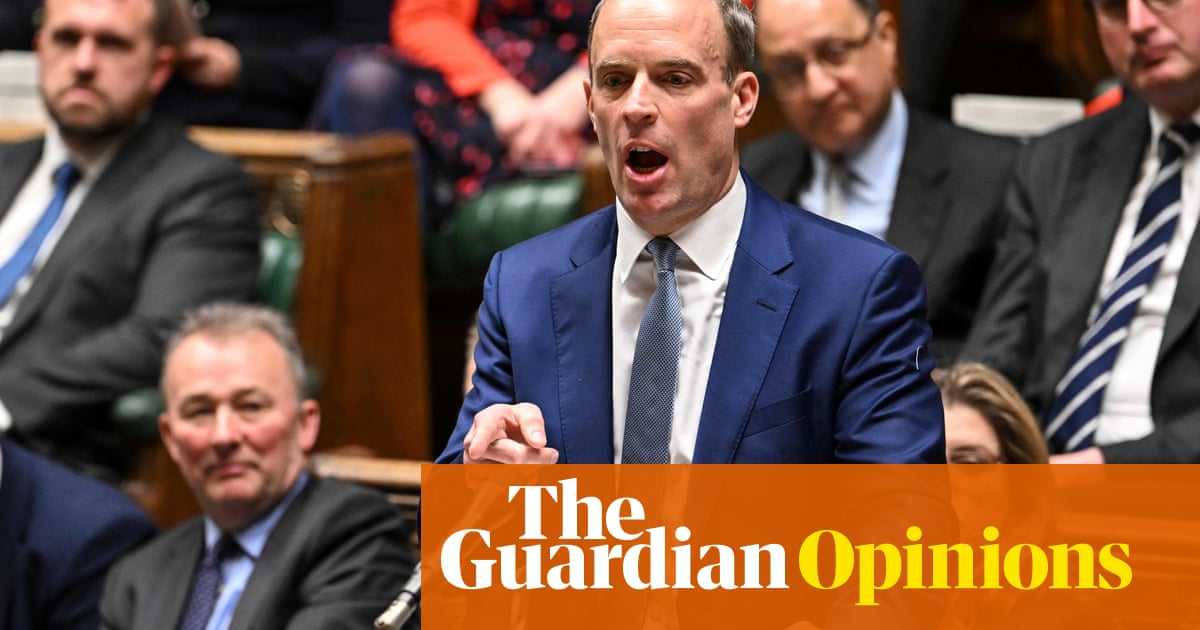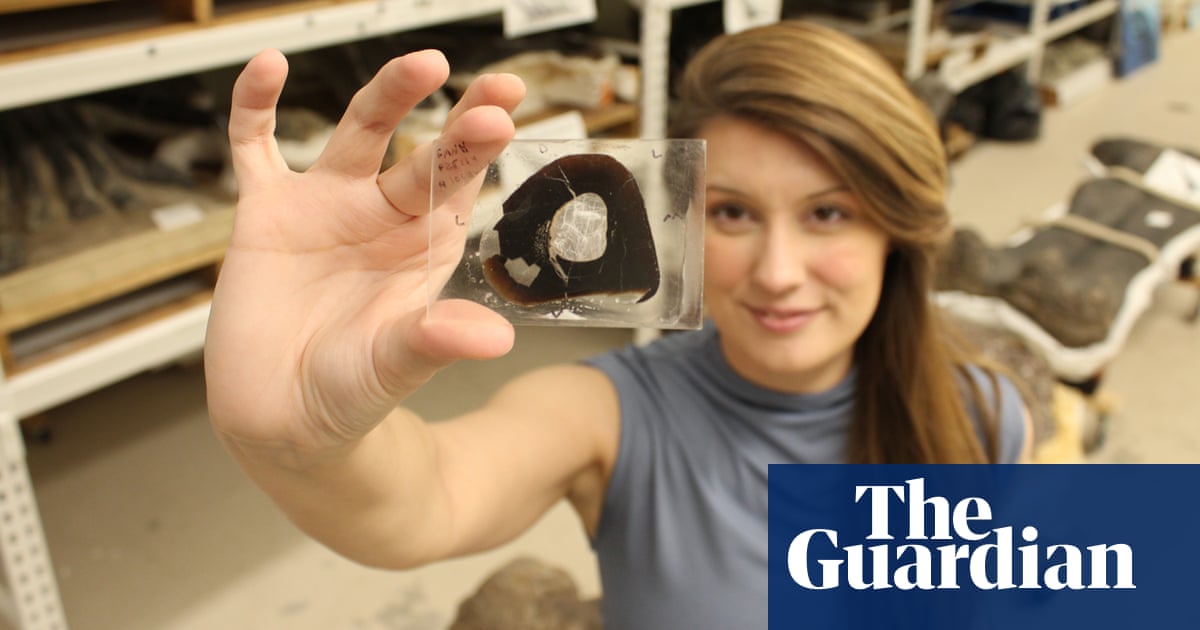
“Let us not talk about memories. Do not set a trap for me. I will not fall for it. I respect your love for your profession, but we have different calculations – rather conflicting ones. You want an interesting discussion to publish it with an alluring headline in Asharq Al-Awsat and you have the right to try. It is the professional journalist’s right to relentlessly try to fish for stories and I, unfortunately, have many of them.
“I have read some of your interviews, including those with men I worked with in the army, party and state. Their stories have strengthened my convictions that I should take mine to the grave, which is not very far at my age.
“I know the questions running in your mind before you ask them. You want my answers so that the reader can compare them with the stories told by other players – either friend or foe. You say: ‘It is my duty towards the truth and history to recount what I know and say that I was part of or witness to it.’ Some parts of that history were bloody and exhausted entire nations. You know that I used to be described as brave, harsh and reckless. I tell you frankly, I am ashamed and afraid of speaking out.
“I had hoped to see my country living in prosperity and stability now. I had hoped to boast of my successes or accomplishments had I had any. I had hoped to set an example for future generations. Believe me, we are men of a painful past and we should hide in the shadows along with it.
“You are trying to lure me into talking because you believe that I am culpable. I do not blame you for your conviction. I, along with my colleagues, have committed mistakes and sins, the guilt of which cannot be alleviated by the fact they were perpetrated under the delusions of young dreams. Yes, we contributed in turning our countries into piles of rubble at a time when we dreamed of power and unity and of awakening the ummah and restoring its grandeur and status among nations.
“I know exactly what you will ask me and who you will ask me about. The names of my friends are enough to pique the interest of the journalist and reader, but reopening old wounds will not at all stop the terrible downward spiral of our countries. The names of my friends are interesting and scary. They are Ahmed Hassan al-Bakr and Saddam Hussein. Ali Saleh al-Saadi and Hazem Jawad. You can add to them Abdulkarim Qassem and Abdulsalam Arif. I also know that you want to ask me about Michel Aflaq, Amin al-Hafez and Hafez al-Assad.
“I do not deny that I was present and a participant. I know that you will ask me about Qassem’s ouster and the story of his execution. You will also ask me about his rivalry with Arif and how he dealt him the fatal blow when he had the chance. You will certainly ask me about the bloodshed between the Baathists and Communists, about the Baath’s return in 1968 and how a shy young man named Saddam Hussein rose among the ranks to become commander and president and only man capable of running the country.
“I am ashamed to recount my memories. I am afraid that my grandchildren or their children might read them. I am afraid that they will discover that we left them a country plagued with deception, a country that is no sooner done with one massacre that it commits another. A country that constantly lives on the brink of civil war or in one. A country that chews up its sons and pushes them to the grave or exile or to live in constant terror.
“You should never be led to believe that we were foreign agents, opportunists or hungry for power and violence. You can, however, easily conclude that we were young and did not know the world or even our own countries. We were under the illusion that seizing the radio was enough to change a country. That having a party control everything was sacrosanct and that this, in turn, permitted it to kill opponents. That it was our right to send protesters to the gallows or leave them to rot in jails, where they were left to long for a swift death to escape the hell of torture.
“I do not deny to you that I feel shame when I witness starving Iraqis, who are living over fields of oil, while corruption lays waste to their resources, sovereignty and dignity. I feel shame when the Iraqis protest in demand for electricity. When I hear the Sunni complaints over demographic change. When I hear the Kurds say that they will continue to be oppressed regardless of who is ruling Iraq. I feel pain when I see Iraq unable to form a government except after it receives the approval of the American ambassador or Qassem Soleimani.
“I had hoped to wait for my death in my house in Baghdad, surrounded by my children and grandchildren. I had hoped to have a normal grave in a normal country. Would Iraq be the way it is now had we worked on establishing a normal state? Would Syria have exploded the way it did had we worked on establishing a normal state there? We should not forget that our policies and meddling led to the implosion of Lebanon, which was an Arab garden of coexistence and prosperity. We should not forget that Yasser Arafat suffered at the hands of his brothers, which forced him to accept the unacceptable.
“I do not hide to your that I envy normal countries. Countries that do not need a historic leader. Countries that spend on education and universities much more than on security agencies and developing instruments of torture. Countries that choose internal coexistence and external cooperation.
“Do not set a trap for me. I will not recount my memories. What scares me is that the alternatives were also failures. What we committed was no less severe than what the oppressors did. We dreamed of a one nation that championed an eternal message. What we got instead were human slaughterhouses where foreign armies and militias roam free. There can be no future for the Arabs without a normal state, but this is unlikely to happen any time soon.”












